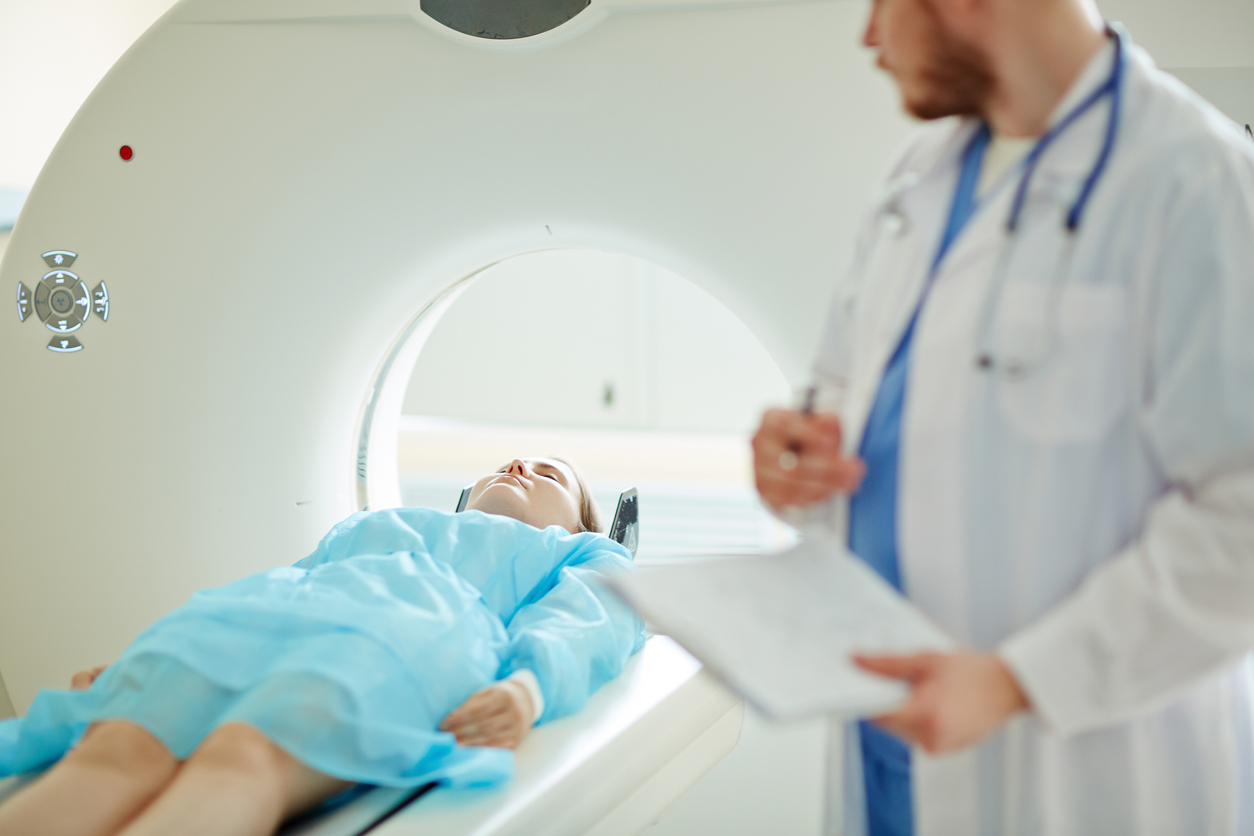Diagnosing breast cancer
Tests with your GP
Your family doctor (GP) will talk to you about your symptoms and will examine your breast area. They will refer you to a breast clinic if they think you need more tests. This doesn’t mean you have cancer. Remember, 9 out of 10 breast lumps are harmless.
Questions to ask your doctor
If your doctor refers you for tests, ask:
- Why are you referring me for tests?
- Can I be referred to a specialist breast clinic?
- How quickly will I be seen?
- Is my referral urgent or non-urgent?
- Which tests will I need and why?
- Ask about triple assessment. Triple assessment is when you have 3 tests: a physical examination, a mammogram / other scans, and a core biopsy or fine needle aspiration.
If your doctor does not refer you for tests, ask:
- Can you explain why you’ve decided not to refer me to a breast specialist?
- How can you be sure I don’t have breast cancer?
Tests at the hospital
Tests you might have include:
Mammogram: An X-ray of your breast
Ultrasound scan: A device like a microphone passed over your breast that can produce an image of the inside of your breast and show any lumps.
Biopsy: Taking a sample of cells. Biopsies are sent to a laboratory and looked at under a microscope to find out if cancer cells are present.

There are different ways to get breast tissue samples:
- Fine needle aspiration: Your doctor uses a fine needle and syringe to take a sample of cells.
- Needle (core) biopsy: Your doctor or nurse uses a hollow needle to take the sample.
- Wire guided biopsy: A fine wire is inserted into your breast to help guide the surgeon to the area to be removed. It is used if no lump can be felt or it’s hard to pinpoint the exact area in your breast which needs to be removed.
- Punch biopsy: This means taking a sample of cells using a tool that can take a small disc of skin from your breast. You may have a punch biopsy if you have changes to the skin on your nipple or if your breast is red or inflamed, as a mammogram might be painful for you.
- Skin scrapings: If your doctor thinks you might have Paget’s disease of the breast, they might scrape some cells from the skin of the nipple. The cells are put on a slide so that they can be looked at under a microscope so you doctor can see what is causing your symptoms.
For more information
Phone
1800 200 700




